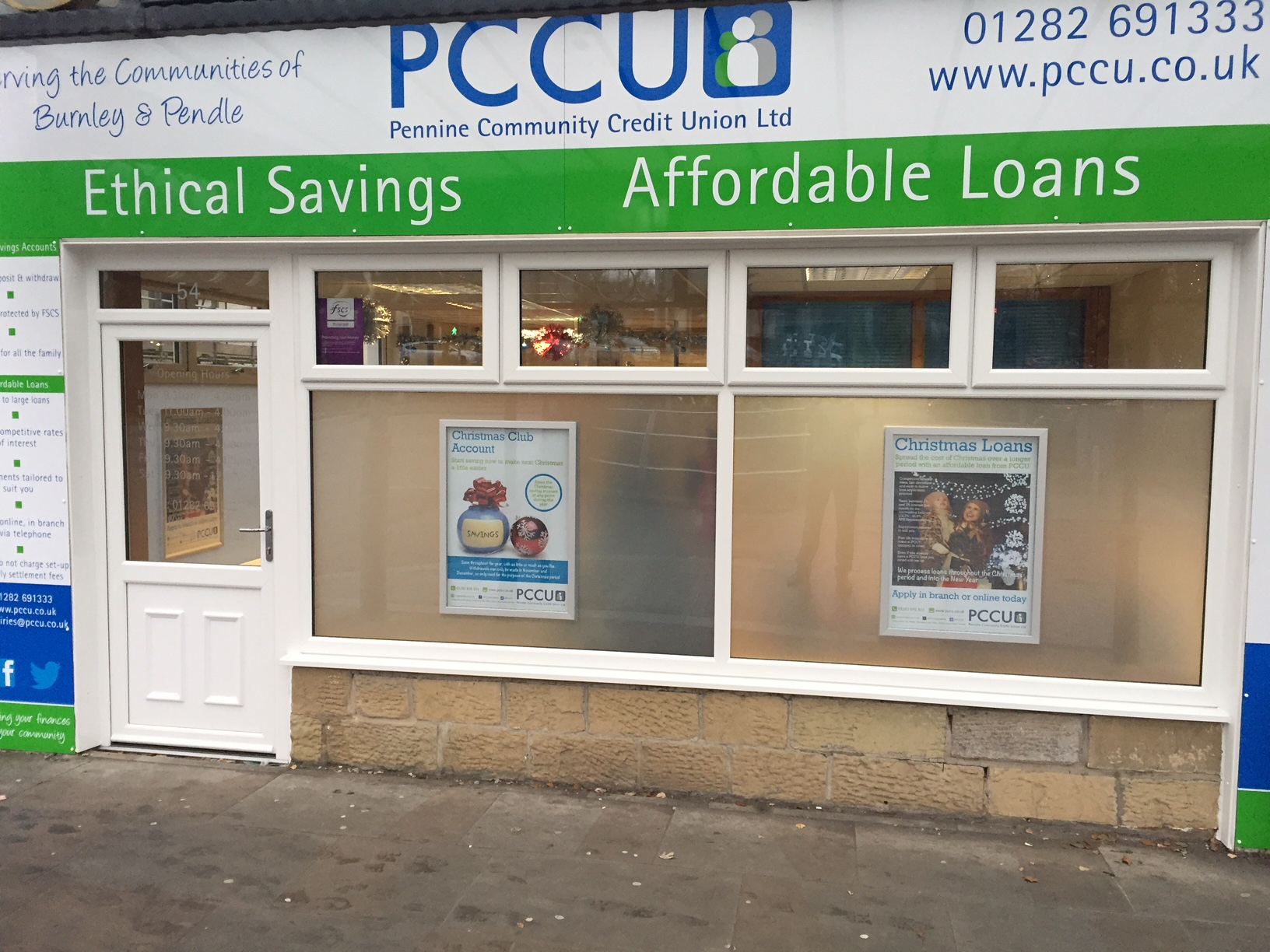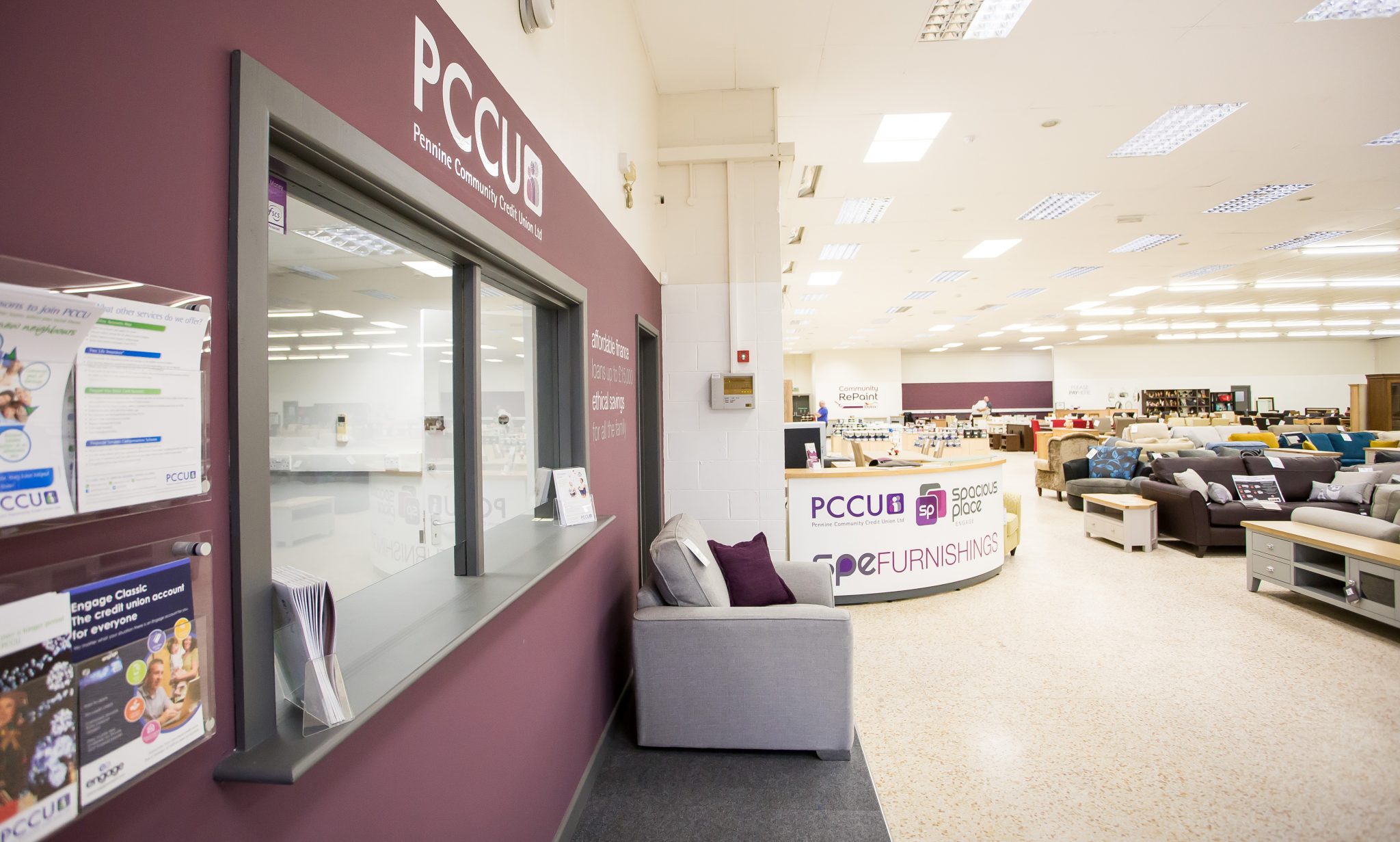The question of how small credit unions serving under-banked communities can expand their member base was much discussed at this year’s conference of the Association of British Credit Unions.
One credit union which has found success in this area is Pennine Community Credit Union, based in Burnley and Pendle, Lancashire. It was formed 36 years ago as a savings group by a priest and two members of the congregation at a local Catholic church. Converting to a credit union, it steadily grew – using a marketing strategy based chiefly on word of mouth.
Chief executive Kathryn Fogg said: “We used to be an old-fashioned credit union – members had to save for three months.
“We went into the DWP growth fund which gave us the capital and revenue to give instant loans. We found that the people we were targeting, financially excluded people, were indebted to doorstep lenders and loan sharks, they couldn’t afford to save for three months before we could give them a loan to pay those lenders off, and the growth really took off from there.”

As it grew, it became clear that a digital marketing strategy would be more effective.
“When we started, marketing was done in-house by volunteers – leaflets and word of mouth,” said Mrs Fogg. “We did everything we could think of – radio ads, magazine ads, ads on back of buses. but the return for the money wasn’t good. There were no controls in to monitor the effectiveness,
“Word of mouth was always the best way to bring in our new members. Now, the biggest growth of our marketing has been through social media – which is also word of mouth.”
Marketing and development officer David Harris said the switch to digital, including active use of its Facebook page, has brought impressive results:
- Since it began concentrating on digital marketing in March 2017, PCCU has seen continued increases in adult membership by 9%
- It has seen an increase in savings, up 14% on the previous year – at a time when national saving levels are at some of their lowest levels since 1960s
- Loan growth of 25%; every loan is still looked at by members of staff and decision are made on affordability
- PCCU has around 5,500 adult account holders and further 800 junior account holders
- Collective savings of £6.3m
- Loan book of £3.1 m
Mr Harris said: “Digital marketing allows us to highlight to existing and potential members the services we offer. Since our digital marketing journey to drive more traffic to our website started, usage of the website is up 74% and page views have increased by 368%.”

He added: “What we’re doing with digital marketing is not too dissimilar to what we’ve done since we started in the 1980s. We’ve always listened to what’s happening in the community but now, through searches on the internet, we can see what people are searching for in terms of savings and loans and then design the products to match, and tell the people in our community we can help them.
“For instance, we find people searching for car loans in Burnley, or we notice searches for credit for people with bad finance, and then we’re designing our output on blogs and social media, to get in touch with these people to tell them we can actually help you.
“It’s not different from what we’ve been doing through our history, its just that we’re using technology.”
He said Pennine is working with AsOne, a digital marketing company in Manchester. “They’ve done research for people in our geographical area, on what they’re searching for – we get key words and phrases and use them to develop blog content on the products we have.
“The big thing for us is we drive traffic to our website. There might be a piece in the news about Christmas savings – we’d now use that to drive people to our website.”
Mrs Fogg stressed the importance of working with professional marketing organisations. “It’s a two-way street, they can also monitor the effectiveness of what you’re doing. It’s not just enough to have a marketing budget and do it yourself – you could be wasting your budget if you don’t have the expertise.”
Mr Harris added: “If we don’t have the expertise in-house, we’ve gone out to find people who have helped direct us. We still do a lot ourselves and we direct what content we’d like to cover.”
He says Pennine’s core target audience mainly uses Facebook.
“We connect with them through Facebook, Twitter and Google+ – we use Google+s because it’s searched regularly for SEO ranking.
“We regulary talk to our membership through those and pay for Facebook ads. Alongside it, we have a holistic approach to marketing; we have blog content, there’s output to social media from blogs, then it comes back to our website. And there’s email marketing to members. We try to have a constant, but not intrusive conversation.”
Blog content and social media output is planned six months in advance, using analysis of search engine key words and loan trends. Blog subjects have included debt consolidation, car loans. help with school uniforms and loans for poor credit.
“We talk to our audience at their level,” added Mrs Fogg. “We have had positive comments about email campaign that it was easy to read without being basic and that it’s interesting.”
“We try not to overload it,” said Mr Harris. “We send one email a month. We’ve got a warm and loyal audience, they own the credit union so it’s something they are interested in.”
The beauty of social media, he says, is the degree of control it gives.
“With social media we can target it in bursts, we can see who’s opening it and how they are reacting to it and then we can change it. If there’s certain parts that aren’t working we can amend them and develop it further.
“If something goes into newspapers or radio, you know how many people they reach but you can’t target it. With social media you can target it, we can do it geographically, different demographics. If we’re offering a family holiday loan we can target people with children on their Facebook, or people who have been looking at holiday sites, clicked if they liked travel companies.
“With TV and print advertising it’s expensive and you can only concentrate on one area but with social media you can do ten stories a month. We can be correcting negative impressions about credit unions – tell people they can use phone banking, online banking, we’re open six days a week, we’ve got three different offices, whereas if we were paying for ads we’d have to concentrate on one topic.”

Social media also helps the credit union reach out to other organisations.
“We work with other social enterprises and housing associations, with social media we can support the work they are doing and they support us,” said Mr Harris. “One a social enterprise we work with, SPE Furnishings, offers an alternative to weekly pay stores; we work with them to provide ethical finance. They also run a food bank and street soccer. Because they’ve not got much funding we partner with them. ”
And Pennine also trades its marketing expertise with other credit unions.
“The north west has a very good network of people that meet up regularly,” said Mrs Fogg. “We do a swap. Hoot Credit Union Bolton is good on governance, they come and help us out on that and we go over and help them on marketing.
“When we do something new, the first thing we do is think, which other credit union does this, and we’ll talk to them. We all ring each other up, we do share a lot.”

